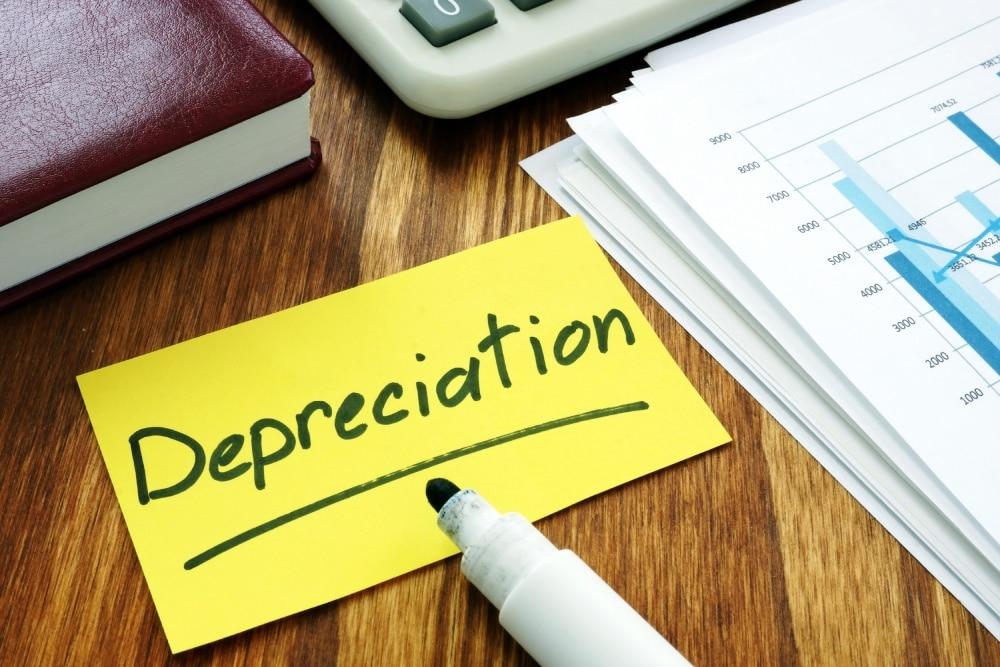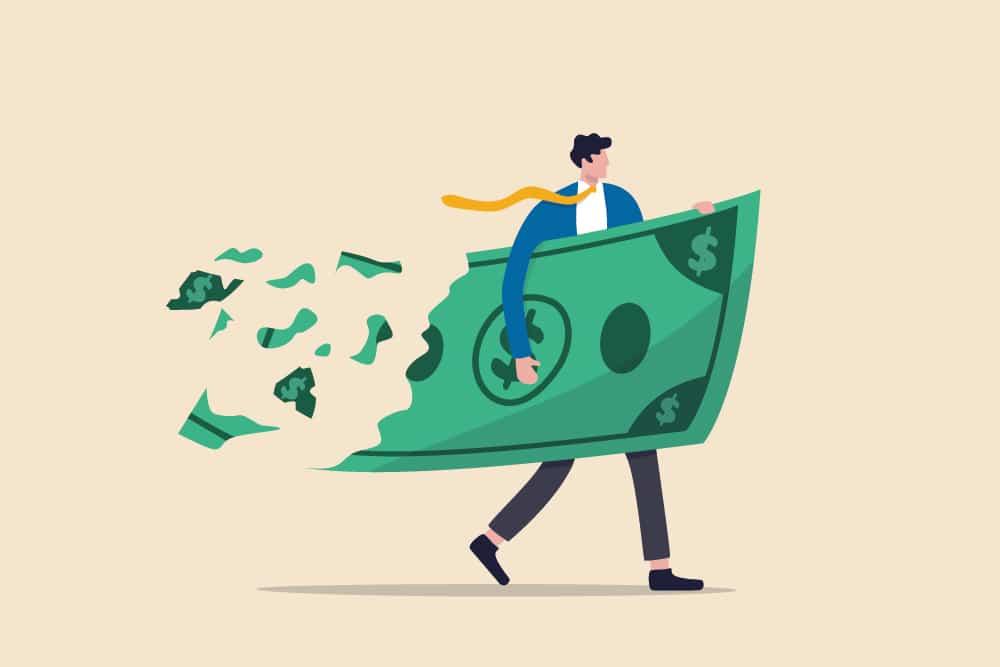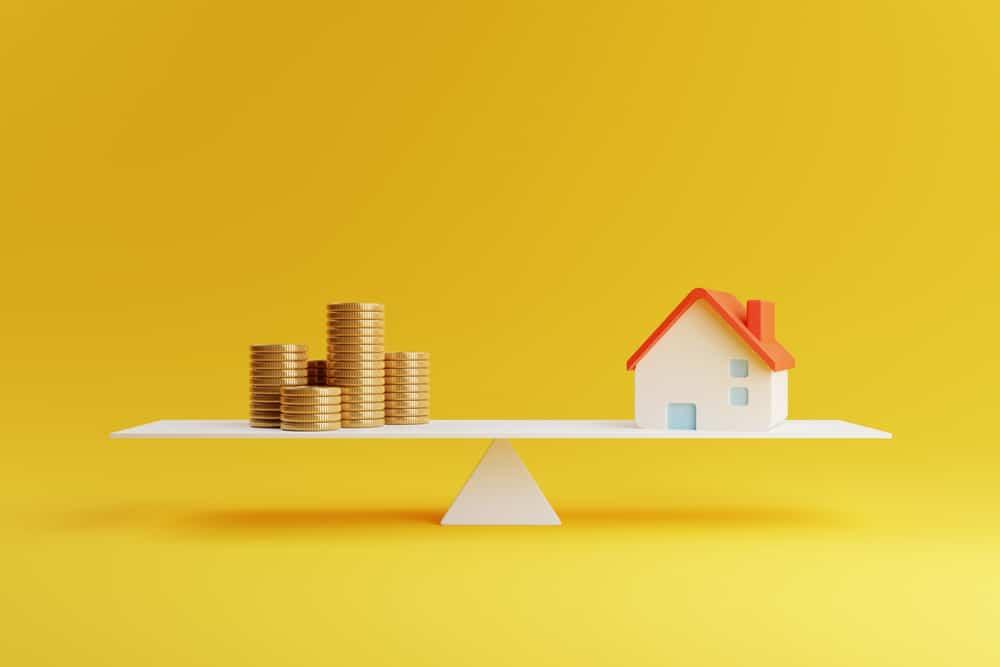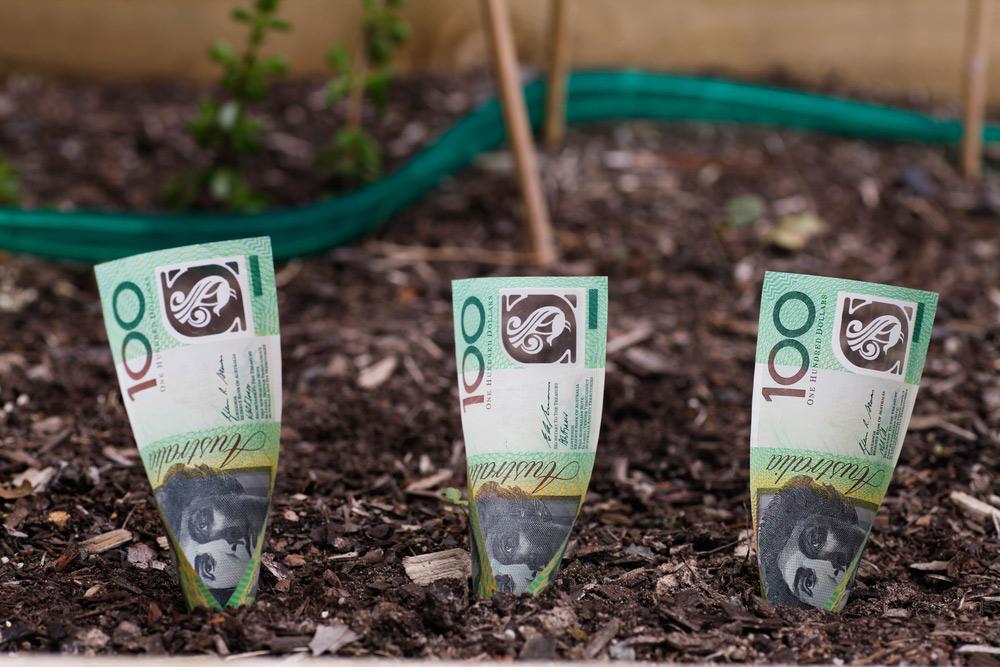
A Property Investor’s Guide To Depreciation
Every smart property investor knows that to create and maintain a portfolio, we need to have good cash flow. One of the ways we can support this is by using depreciation and tax.
But, just like equity, depreciation only works for us if we know how to access and then leverage it.
Like all things tax, depreciation can be a tricky concept to grasp. But, once you get your head around it, depreciation can make a significant impact on the quality of your cash flow.
WHAT IS DEPRECIATION?
In terms of property investment, when we talk about depreciation, we are talking about a reduction in the value of an asset ie how much it is worth now, vs what it was worth when you bought it.
For investors depreciation does not simply account for a reduction in property value, but can also be used against fixtures, fittings, furniture and other items pertaining to the property.
WHY IS DEPRECIATION IMPORTANT FOR PROPERTY INVESTORS?
While adding up how much you’ve “lost” in value of an asset sounds like a bad thing, when it comes to depreciation, it’s the opposite.
The markdown of assets does not mean you have lost that amount of cash, or that the item is less useful. Simply put, it is that the item is simply valued as less on paper.
An example might be a carpet that was worth, on paper, $3000, and 12 months later it’s now worth $2500. That’s a negative loss of $500 on paper, which you can claim in tax.
WHAT CAN INVESTORS CLAIM DEPRECIATION TAX ON?
- Structural buildings
- Any items permanently fixed to the property
- Equipment including ovens, dishwashers, etc
- Fittings including blinds, carpets, ceiling fans etc
…and thousands of more items!
WHEN TO CLAIM DEPRECIATION TAX?
If you are paying tax in small, regular increments, you should also be claiming your deductions as you go via a PAYG variation.
Why wait a whole year to claim cash that belongs to you, when you can claim at regular times and use that cash to bump up your cash flow?
Any good accountant should be able to find out if you are eligible for this and set it up for you. Or talk to the experts at TRC-Gorod who can walk you through the process.
GET INVESTOR SAVVY
Using depreciation as a way to help with cashflow is just one of the strategies you can use as an investor, but there are many MANY more.
You only know what you know so why not learn more at one of our free property investing seminars.
Here you’ll learn many of the tactics great investors use to grow a budding portfolio and create long-lasting wealth well into retirement.
Book your spot now and find out what you need to know about the current market landscape and how you can make it work for the ultimate wealth creation opportunities.
Recent Articles
3 Ways a Property Investor Will LOSE Money!
There are many ways you can win big by investing in real estate. Equally, if you lose sight of the basics, you’ll end up losing something much worse – money! No one sets out on their property journey to go backwards financially, so take note of these three common mistakes that investors often make, because if you don’t, it may cost you in the long run. Here are 3 ways an investor can lose money…
An Investor’s Guide to Multi-Income Properties
When it comes to building a booming property portfolio, diversity is key! There are four primary multi-income types that Australian investors can buy at the moment.
Property Cash Flow Basics For Creating Passive Income
Buying real estate is similar to running a business – good performance is derived from your ability to generate cash flow. For a property investor, this means eventually living off the passive income that your real estate generates. Therefore, it is especially important that you map out your ability to build a portfolio that will deliberately achieve this level of success from the get-go.
How Property Investors Can Reduce Tax Down To Zero!
Those who own real estate are subject to many, different kinds of tax. Some tax is unavoidable. Other kinds of tax are legally, 100% avoidable – or at least able to be reduced substantially. With the Victorian government recently announcing a rise in the land tax threshold it’s even more important that property investors know where they can and should minimise the tax they pay.
A Property Investors Guide To Guaranteed Rental Increases
Rent is your weekly or monthly incomes from your property. And it’s an income you don’t work for. It’s the absolute key to good cash flow and passive income, so it’s essential you are able to keep raising your rents at regular intervals. But, what makes it possible for property investors to do this?
The Only Time You Should Sell An Investment Property
The golden rule of property investing is to buy well and NEVER SELL. However, there are always exceptions to the rule… Firstly, let’s look at why you would keep an investment property? If you buy a great piece of real estate, in the right location, it will always create a passive income for you, so there will be no reason to sell it.
House vs Apartment – Which Is Better for Capital Growth?
Many property investors favour one type of property – either apartments or houses. While there are pros and cons to both, which we will discuss here, one of the often forgotten advantages of houses is the investment you’re making not only in the bricks, but also in the land. Land value in itself increases over time, and investment in a piece of land also provides opportunity to renovate, subdivide and develop, all of which lead to greater capital growth.
Use Equity To Create Cashflow in 4 Simple Steps!
Equity is an interesting topic when it comes to real estate. Smart property investors know that equity can play a key part in creating passive income that accumulates over time, allowing us to eventually work less and ultimately do more of what we love. But in order to be able to use equity to create passive income, there are some important steps property investors need to take right at the beginning of their journey.
Economy Bounce-back Better Than Expected, What Investors Need To Know
Bouncing back much faster – and stronger – than predicted post-COVID, the Reserve Bank of Australia (RBA) is anticipating a good end to 2021, and a great 2022. But with so much uncertainty over the last 12 months, it’s hard to know if this economy is here to stay, and if so, how it will impact property investors in the long-run.












